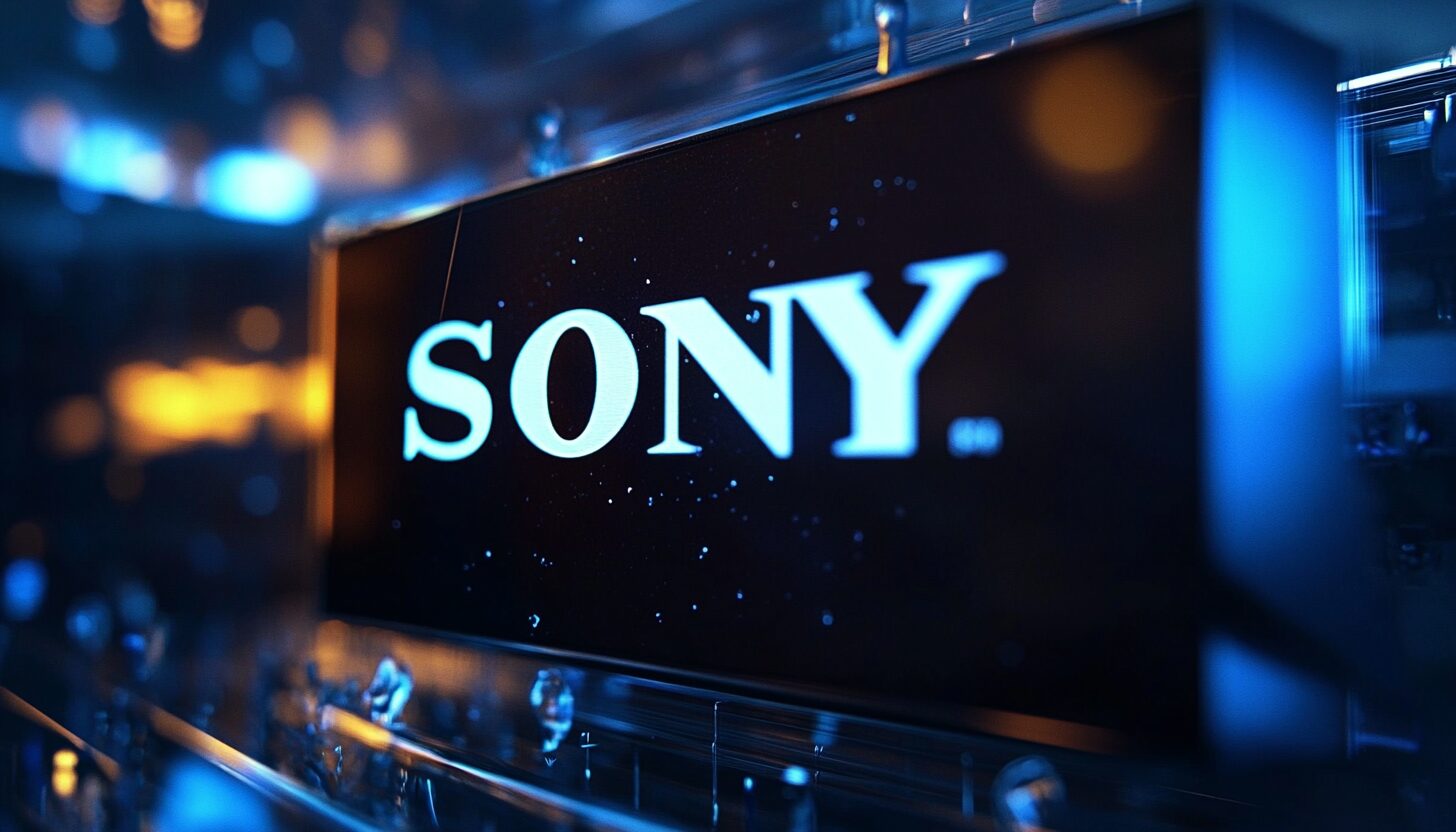In the fast-paced world of technology, competition is the fuel that drives innovation. Sony, the Japanese multinational conglomerate, has long been a powerhouse in electronics, gaming, and entertainment. But who’s keeping them on their toes? Let’s dive into the tech titans vying for market dominance across various sectors.
Did you know that in 2023, the global consumer electronics market was valued at a staggering $1.13 trillion? With such high stakes, the battle for supremacy is more intense than ever! From smartphones to gaming consoles, from cameras to content streaming, Sony faces fierce competition on multiple fronts. Let’s explore the landscape and see how Sony stacks up against its rivals in 2024.
The Entertainment Colossus: Samsung

When it comes to consumer electronics, Samsung stands tall as Sony’s primary competitor. These two tech giants have been battling it out for years, pushing each other to new heights of innovation.
- TV Dominance: In the world of televisions, it’s often a neck-and-neck race between Sony’s BRAVIA line and Samsung’s QLED series. While Samsung often leads in sales volume, Sony’s TVs are renowned for their superior picture processing and color accuracy. The Sony A95L OLED, for instance, is giving Samsung’s S95C a run for its money in the premium segment.
- Audio Arena: Both companies offer impressive soundbars and home theater systems. Sony’s HT-A7000 and Samsung’s HW-Q990C are prime examples of high-end audio solutions. However, Sony often edges out with its legacy in audio technology and innovations like 360 Reality Audio.
- Smartphone Showdown: Here’s where Samsung has a clear advantage. While Sony’s Xperia line has its devoted fans, Samsung’s Galaxy series dominates the Android market. The Galaxy S24 Ultra is leagues ahead of Sony’s latest Xperia 1 V in terms of market share and brand recognition.
- Sony’s Edge: Where Sony truly shines is in its gaming division (PlayStation) and camera sensor technology, areas where Samsung isn’t a direct competitor.
Gaming Gladiators: Microsoft and Nintendo
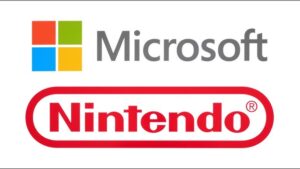
The gaming industry is a battlefield, and Sony’s PlayStation faces stiff competition from Microsoft’s Xbox and Nintendo’s unique offerings.
- Console Wars: The PlayStation 5 and Xbox Series X are locked in a fierce battle. While PS5 has generally maintained a lead in sales, Xbox’s Game Pass subscription service is a game-changer in the industry.
- Nintendo’s Niche: The Nintendo Switch, with its hybrid design, carved out a unique position in the market. Its success forced Sony to rethink its portable gaming strategy, leading to innovations in remote play and game streaming.
- Content is King: Sony’s first-party titles like “God of War: Ragnarök” and “Horizon Forbidden West” are often cited as system-sellers. However, Microsoft’s acquisition of Activision Blizzard could shift the balance of power in game libraries.
- Online Services: PlayStation Network and Xbox Live are constantly evolving, with both offering free monthly games and cloud gaming options. Sony’s PS Plus tiers are a direct response to the popularity of Xbox Game Pass.
Camera Kings: Canon and Nikon
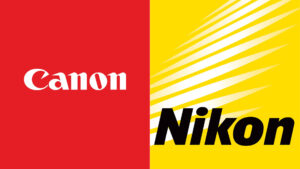
In the world of digital cameras, Sony has risen as a formidable force, challenging the traditional duopoly of Canon and Nikon.
- Mirrorless Revolution: Sony’s early bet on mirrorless technology with its Alpha series paid off big time. The Sony A7 IV and A1 are now industry standards, forcing Canon and Nikon to play catch-up with their own mirrorless lines.
- DSLR Decline: While Canon and Nikon still hold strong in the DSLR market, this segment is shrinking. Sony’s focus on mirrorless has positioned it well for the future.
- Lens Ecosystems: Canon and Nikon’s vast lens libraries were once their biggest advantage. However, Sony has rapidly expanded its E-mount lineup, and third-party manufacturers are increasingly supporting Sony first.
- Sensor Supremacy: Sony’s prowess in sensor technology gives it a unique edge. Many Nikon cameras actually use Sony sensors, showcasing Sony’s technological lead.
Apple: Competing in Multiple Arenas
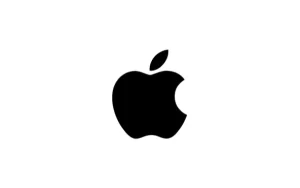
While not a direct competitor in many categories, Apple’s presence affects Sony across various product lines.
- Audio Clash: Sony’s WH-1000XM5 headphones and WF-1000XM4 earbuds are often compared to Apple’s AirPods Max and AirPods Pro. Both companies are pushing the envelope in noise-cancellation and audio quality.
- Ecosystem War: Apple’s tightly integrated ecosystem poses a challenge for Sony. While Sony has attempted to create synergies between its products, it hasn’t achieved the same level of seamless integration as Apple.
- Content and Services: Apple TV+ directly competes with Sony Pictures’ offerings. Moreover, Apple’s venture into gaming with Apple Arcade adds another dimension to the competition.
Chinese Challengers: Huawei, Xiaomi, and OnePlus
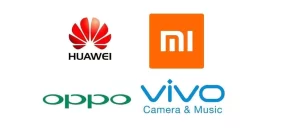
The rise of Chinese tech companies has introduced new dynamics to the global market, affecting Sony’s position particularly in smartphones and audio products.
- Price Pressure: Brands like Xiaomi and OnePlus offer high-spec devices at lower price points, challenging Sony’s premium pricing strategy in the smartphone market.
- Innovation Speed: Chinese brands are known for rapid innovation cycles. Huawei, despite facing challenges in Western markets, continues to push technological boundaries.
- Global Expansion: These brands’ aggressive international expansion strategies have reduced Sony’s market share in regions like Southeast Asia and Europe.
- Audio Market: Xiaomi and OnePlus have made significant inroads in the personal audio market with competitive true wireless earbuds, an area where Sony has traditionally been strong.
Content Creation Clash: Disney, Netflix, and Amazon
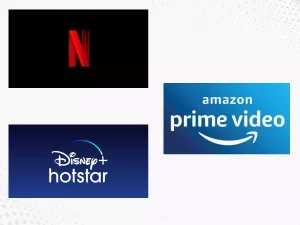
Sony Pictures Entertainment faces tough competition in the evolving landscape of content creation and distribution.
- Streaming Wars: While Sony doesn’t have its own major streaming platform, it supplies content to various services. However, this puts it at a disadvantage compared to Disney+, Netflix, and Amazon Prime Video, which control both content and distribution.
- Original Content: Sony’s strength lies in its vast library of IPs and its movie production capabilities. However, streaming giants are investing heavily in original content, with Netflix and Amazon spending billions annually.
- Adaptation Strategy: Sony has adapted by licensing its content to multiple platforms and focusing on theatrical releases for major franchises like Spider-Man.
Future Battlegrounds: VR, AI, and Beyond
The tech industry is always evolving, and new battlegrounds are emerging where Sony faces fresh competition.
- Virtual Reality: Sony’s PlayStation VR2 competes with Meta’s Quest series and HTC’s Vive. The VR market is still nascent, with no clear dominant player yet.
- Augmented Reality: While Sony hasn’t made major moves in AR, companies like Microsoft with HoloLens and rumored Apple AR glasses could open up new areas of competition.
- AI and Machine Learning: Sony is investing in AI, particularly in imaging and robotics (remember Aibo?). However, it faces stiff competition from tech giants like Google, Amazon, and IBM in this space.
- Automotive Tech: Sony’s partnership with Honda for electric vehicles (Sony Honda Mobility) puts it in competition with traditional automakers and tech companies venturing into the automotive space.
The tech industry in 2024 is a complex web of competition and collaboration. Sony, with its diverse product portfolio, finds itself battling on multiple fronts against a variety of competitors. From Samsung in consumer electronics to Microsoft and Nintendo in gaming, from Canon and Nikon in cameras to streaming giants in content creation, Sony faces challenges from all sides.
But here’s the kicker – this rivalry isn’t just about winning; it’s about pushing the boundaries of innovation and bringing us, the consumers, better products and experiences. Sony’s ability to compete across so many sectors is a testament to its innovation and adaptability.
As we look to the future, emerging technologies like VR, AI, and electric vehicles present both challenges and opportunities for Sony. The company’s success will depend on its ability to leverage its strengths in hardware manufacturing, content creation, and brand loyalty to stay ahead in these new arenas.
So, next time you’re shopping for a new gadget or diving into a movie night, remember the epic battles being fought behind the scenes. In this fast-paced industry, today’s underdog could be tomorrow’s top dog. Keep your eyes peeled, tech enthusiasts – the next big innovation is just around the corner!
Also Read: Top Progressive Competitors: Insurance Market Analysis
Also Read: Sustainable Smartphone Repairs: Reducing E-Waste Through Screen Replacements
To read more content like this, subscribe to our newsletter

